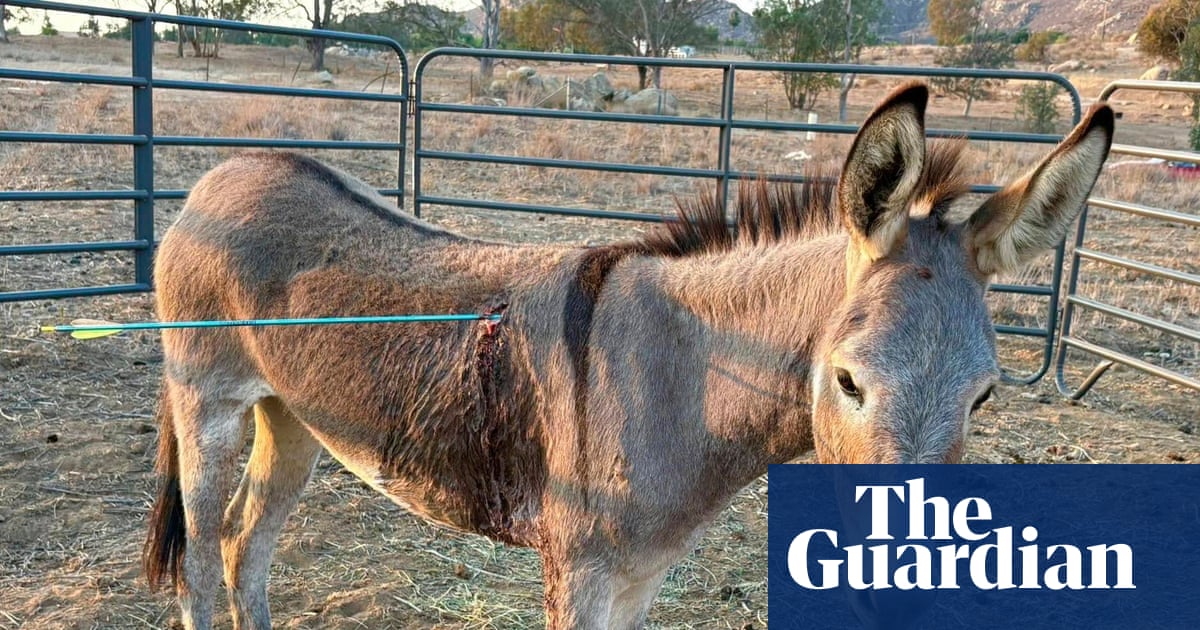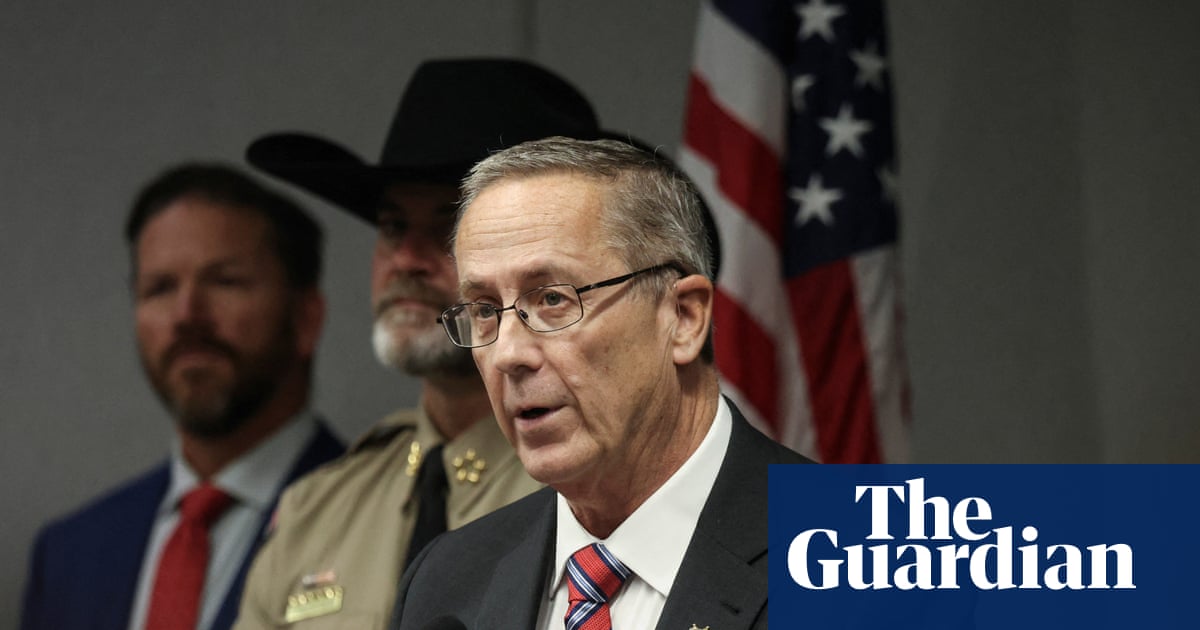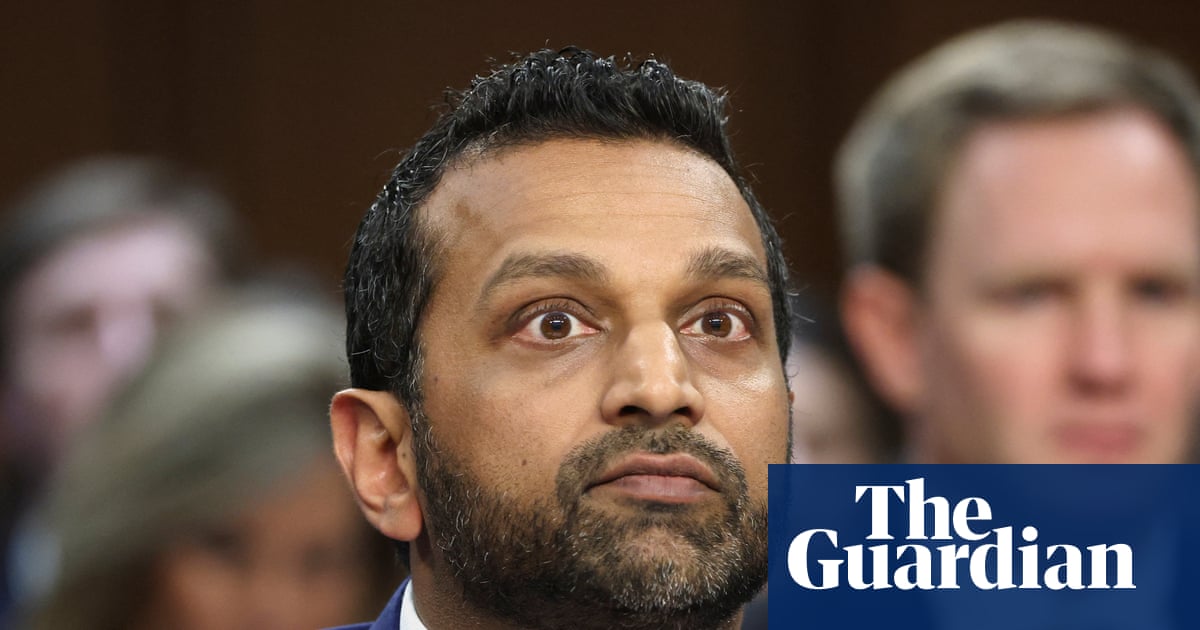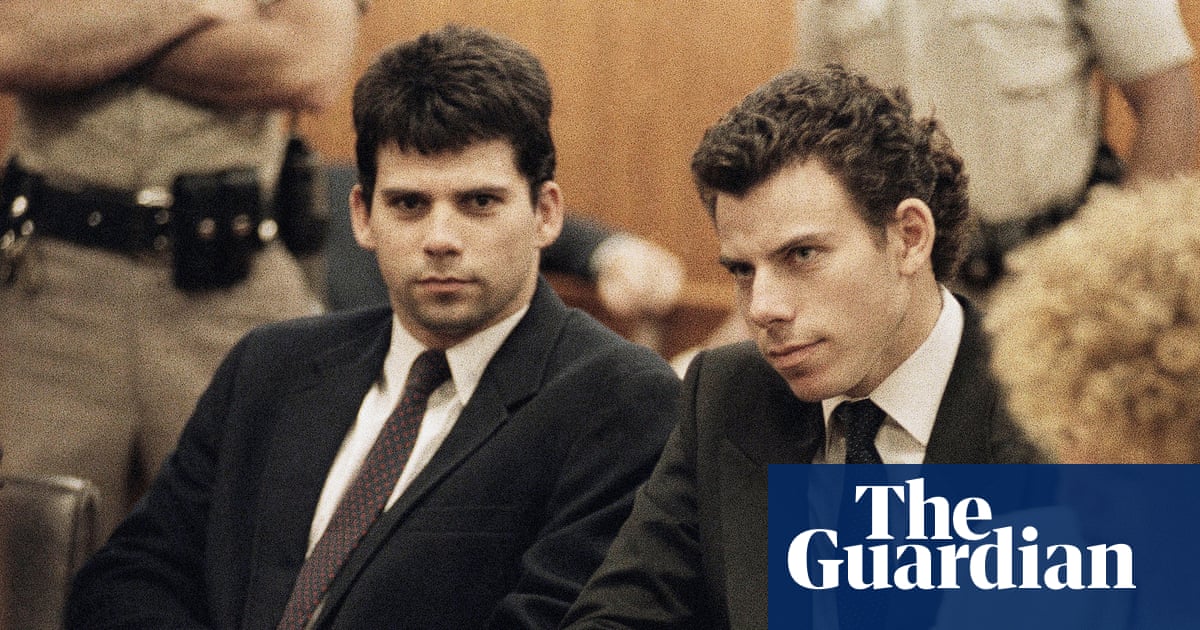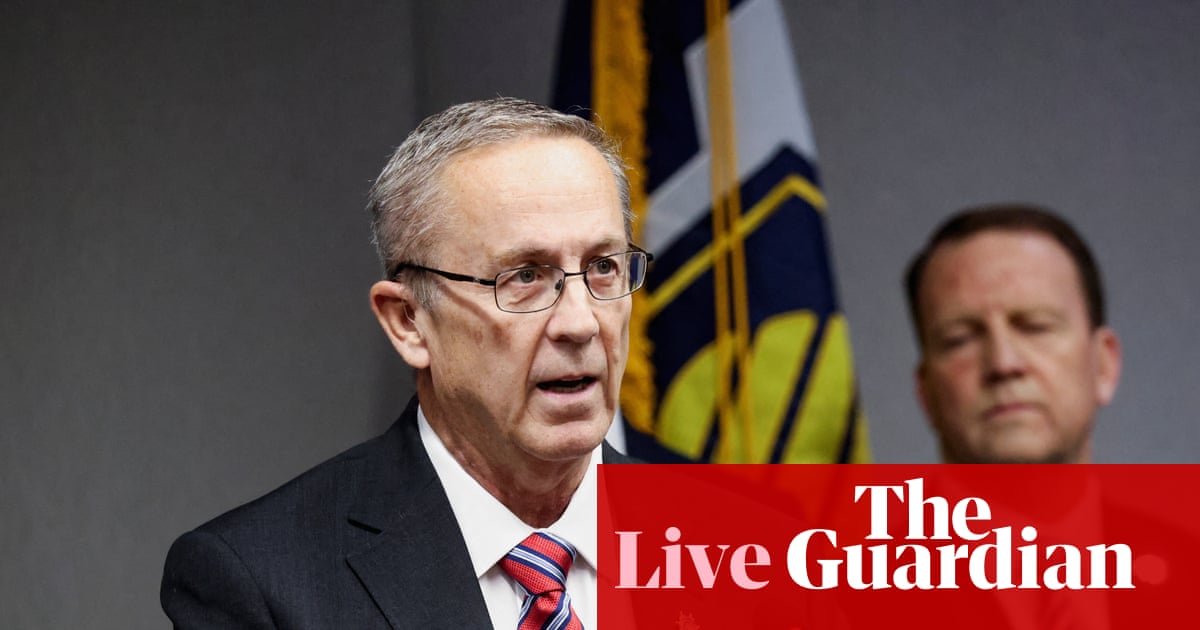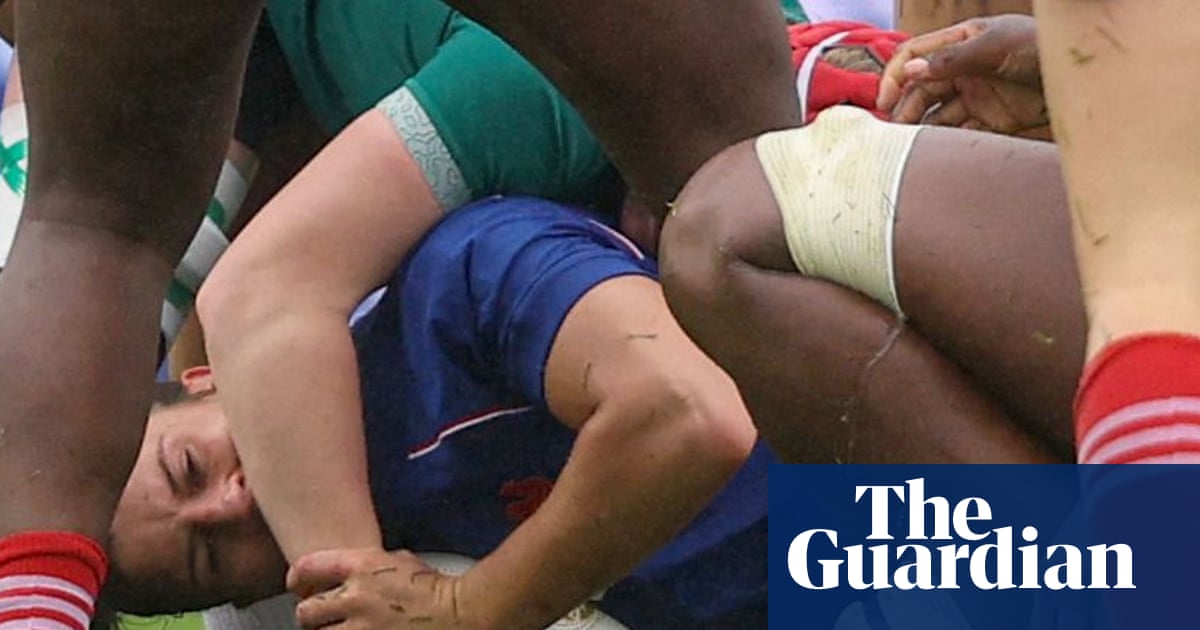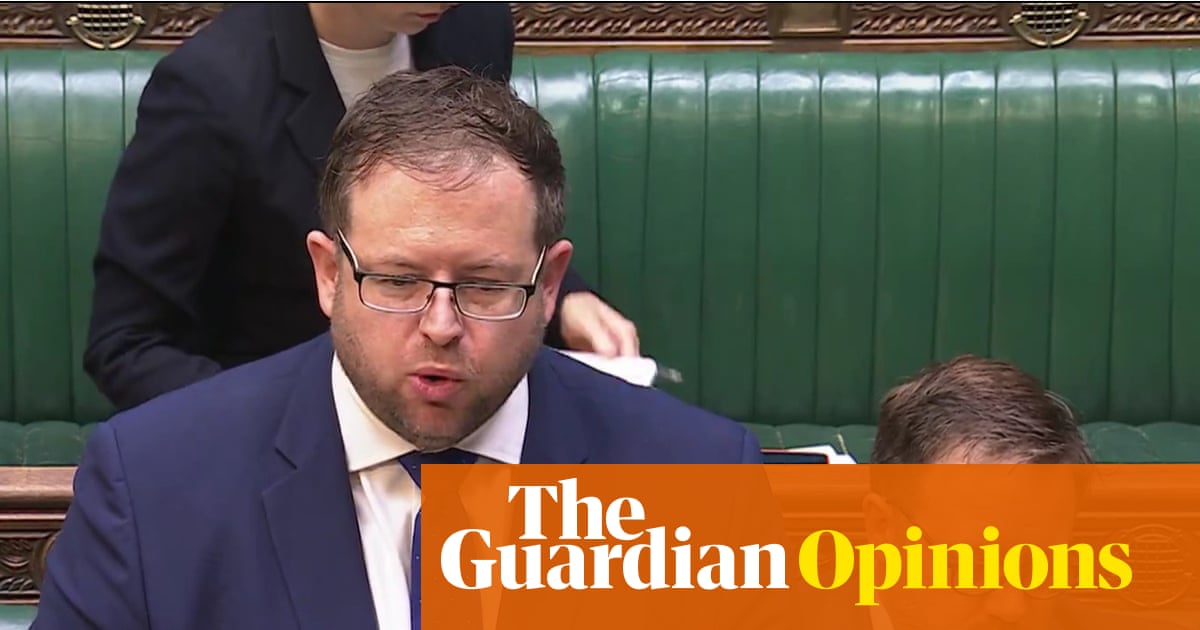The third sexual misconduct trial of former movie mogul Harvey Weinstein was rapidly heading toward a conclusion on Tuesday, as prosecutors and the defense began delivering closing arguments in Manhattan criminal court.
“If there is a doubt about their case, you gotta throw it out,” defense attorney Arthur Aidala said of three women who testified against Weinstein. “These are the people they want you to believe – they’re all women with broken dreams.”
He asked them to give his client the benefit of the doubt on rape and sexual assault charges.
Prosecutors were set to begin their closing arguments later on Tuesday.
Six weeks after prosecutors began laying out their case against him (largely a re-airing of a 2020 criminal prosecution, with one additional accuser, that was later overturned on appeal), the matter will be deliberated again by jurors, without Weinstein testifying.
He is charged with assaulting three women in Manhattan between 2006 and 2013 – Mimi Haley, Jessica Mann and Kaja Sokola – and has been appearing in court each day in a wheelchair from Manhattan’s Bellevue hospital, where he is being treated for a number of ailments, including chronic myeloid leukemia.
Manhattan’s district attorney, Alvin Bragg, who is facing re-election this year, opted to retry Weinstein soon after his first conviction on third-degree rape and a criminal sexual charge was vacated because prosecutors were found to have prejudiced the jury by calling witnesses whose testimony was unrelated to the charges.
The decision to bring a second prosecution in New York required the 73-year-old Weinstein to be travel from California, where he was serving a 16-year sentence for sexual assault. The second New York trial avoided the most serious sexual assault charges that he was cleared of in 2020 to avoid double jeopardy.
At trial, prosecutors have sought to establish that Weinstein used his power in the film industry to sexually assault and “exert enormous control” over the three women, each of whom were seeking to gain a footing in the business.
In opening statements, assistant DA Shannon Lucey said Weinstein had offered his accusers film scripts and promises of fame, and he “used those dream opportunities as weapons”.
Prosecutors avoided introducing so-called prior bad acts testimony – but brought an additional sex crimes charge related to Sokola, who accused Weinstein of performing oral sex on her in a Manhattan hotel on one occasion in early 2006.
Weinstein’s defense team pushed back on that claim, offering jurors the testimony of Helga Samuelsen, a friend of Sokola’s, who said Weinstein had visited Sokola months earlier in their shared apartment and spent about a half hour in a bedroom with her. Sokola earlier testified that the alleged encounter had not happened.
As with each of three women, Weinstein’s defense offered evidence that their friendly relationship with the defendant pre-existed and post-dated the alleged sexual assaults – and each had received compensation from a payout fund established after allegations were made against the movie mogul, triggering a public reckoning over gender power dynamics that came to be known as the #MeToo movement.
after newsletter promotion
Among the witnesses, Jessica Mann testified that she had what she considered a romantic relationship with Weinstein, who was then married. All three said they believed Weinstein could help them with their professional goals and maintained relationships with him, and, in some instances, he had helped them find work.
Aidala told jurors that the three women had “fooled around with him consensually”, adding “they were flirtatious, they were friendly, they wanted him, they needed him, he could change the trajectories of their lives”.
But a clinical psychologist, testifying for the prosecution, said that for a variety of reasons, it is not unusual for sexual assault victims to remain on good terms with their assailants after an assault.
In total, prosecutors introduced evidence from 24 witnesses during Weinstein’s retrial. They included former assistants, friends of his accusers and workers at the hotels where the alleged assaults took place.
Weinstein, who pleaded not guilty, elected not to testify in his defense – repeating the same decision he made in the earlier trials.
Aidala said his client very much wanted to take the stand – and had been prepped to do so – before Weinstein decided against it as a matter of courtroom strategy.

.png) 3 months ago
48
3 months ago
48
